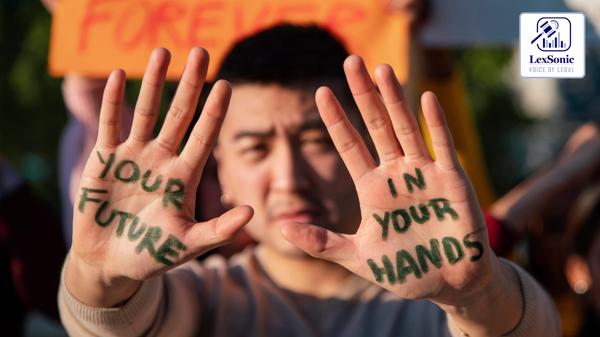Don't Need a Lawyer? Bombay High Court Explains Rules for Appearing Yourself in Court.
07 May 2024
Fundamental Rights of Citizen >> Civil & Consumer Law
The Bombay High Court has clarified the rules regarding parties appearing in person to represent themselves in court. A recent writ petition challenged the "Rules for Presentation and Conduct of Proceedings in Person by Parties" arguing that it violated the fundamental right to appear in court.
The Court ruled that the Rules are not a blanket ban on self-representation. Instead, they are a regulatory measure to ensure smooth court proceedings. The key takeaways are:

Parties can still appear in person: The Rules require parties to file an application explaining why they cannot hire a lawyer and undergo a committee scrutiny to assess their ability to assist the court. However, the Court retains the discretion to waive this process and allow self-representation directly.
Discretion for the Court: The Court can permit a party to represent themselves without following the committee procedure in specific cases. This applies to all matters, not just temporary bail applications which are exempt from the Rules altogether.
Rules aim for efficient proceedings: The committee process ensures parties appearing in person are prepared and can effectively present their case, saving court time.
The Court also addressed the concern of a party with legal expertise being forced to go through the committee process. The Court clarified that Rule 7 allows such parties to request the Court's discretion to bypass the committee procedure.
Overall, the Court's decision upholds the right to self-representation while ensuring a streamlined court process. The Rules provide a framework for self-representation and the Court's discretion allows for flexibility in individual cases.
